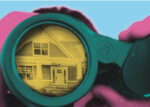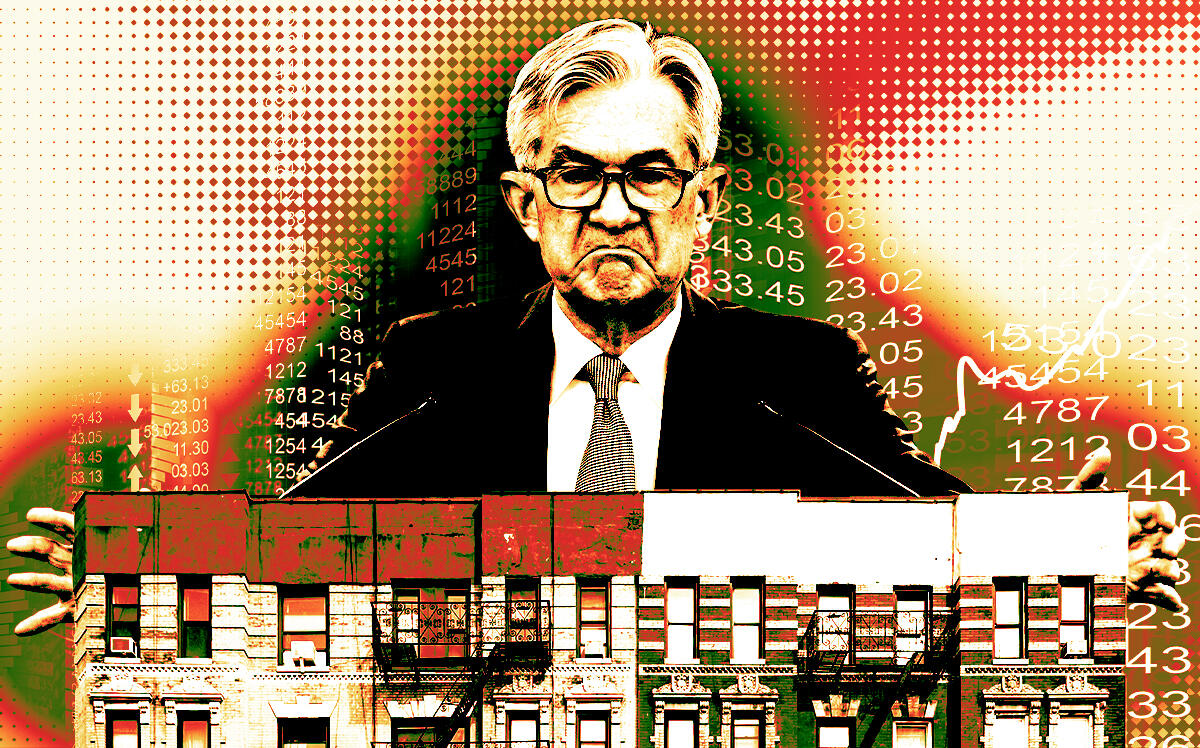 Rents fall nationally for first time in 9 months
Rents fall nationally for first time in 9 months
Trending
Recession fears curb rental demand in US
Unprecedented summer reversal as tenants take wait-and-see approach

Hopes that the Fed’s attempts to tamp down inflation won’t trigger a recession are looking like a pipe dream. Renters have noticed.
Nationally, apartment demand plummeted in the third quarter, a period that’s historically strong for leasing, a report by analytics site Real Page found.
The number of tenants moving out of units topped the number moving in by 82,095 leases, the first time in 30 years of data that demand in the quarter was negative.
The number of move-outs was in line with seasonal norms, said report author and economist Jay Parsons. Typically, summer is the busiest leasing season as tenants seize on warmer weather to move and parents and students lock down housing before the school year kicks off.
Read more
 Rents fall nationally for first time in 9 months
Rents fall nationally for first time in 9 months
 Rents have stopped growing – but are unlikely to fall
Rents have stopped growing – but are unlikely to fall
 U.S. property value to fall 20% in likely recession, Cushman forecasts
U.S. property value to fall 20% in likely recession, Cushman forecasts
But from July through September this year, move-ins “slowed materially,” according to Real Page. Apartment vacancy also rose slightly — 1 percentage point – in the quarter.
Parsons theorizes that fewer households are being formed. By comparison, last year’s Covid discounts prompted roommates to split and upgrade to one-bedrooms or younger renters to leave the nest, boosting the number of move-ins.
Now, tenants facing inflation and the threat of job insecurity have downshifted into “wait-and-see mode,” Parsons writes.
In a recent survey by rental tracker Zumper, 76 percent of 6,000 respondents believed the U.S. was in a recession.
“When we’re feeling uncertain, we’re less likely to make big decisions like moving out of Mom & Dad’s place into our own apartment for the first time … or pulling the trigger on the first home purchase,” Parsons explained in an earlier report.
The cooling housing market also points to weakening consumer confidence. In August, existing home sales fell for the seventh straight month, according to a National Association of Realtors report.
Parsons qualifies that the rental market is still strong. While more apartments opened up in the third quarter, the vacancy rate of 4.4 percent remains near historic lows. Rents are also hovering near all-time highs.
However, rents dipped last month, another sign that tenants just aren’t signing leases like they were in Covid’s second year. In September, rents fell by two-tenths of a percentage point from August. Rents were only 9 percent higher in September than a year earlier, the first single-digit increase since the summer of 2021.
That slowdown is a sign that seasonal patterns are back, said Parsons, and that “peak rent growth is clearly in the rearview mirror.”
Rental tracker Apartment List, recognizing the same trend, said if that seasonality sticks, the market should see rents continue to fall in the months ahead “as we enter the winter slow season.”




